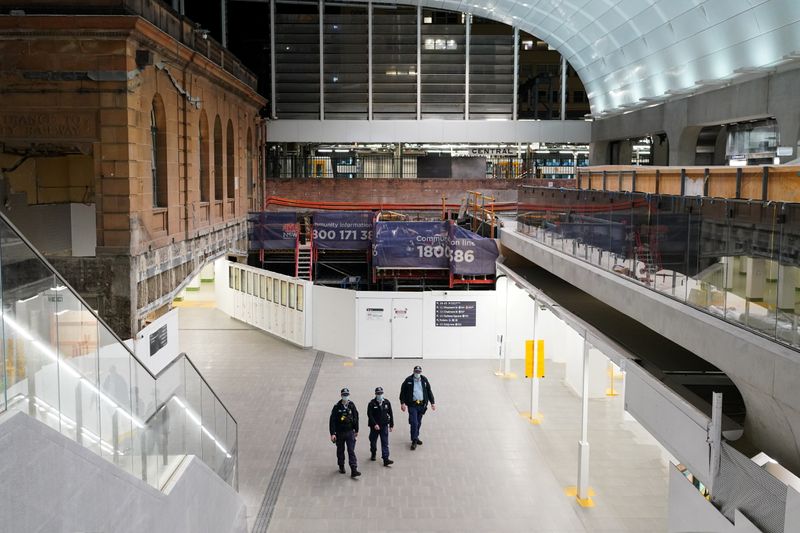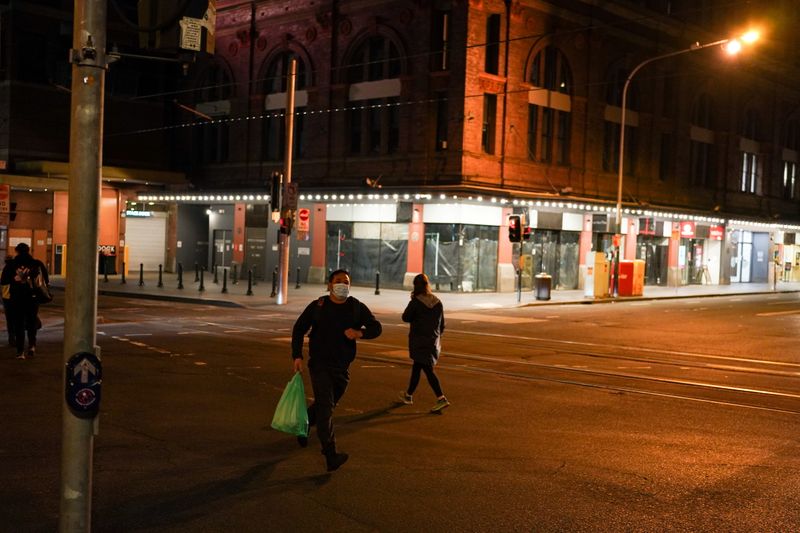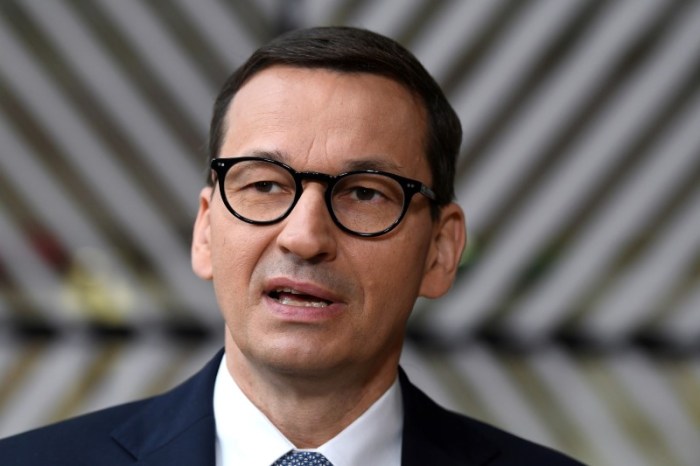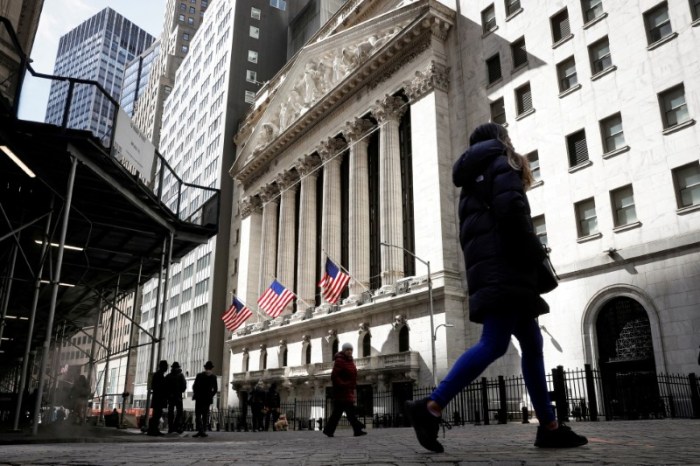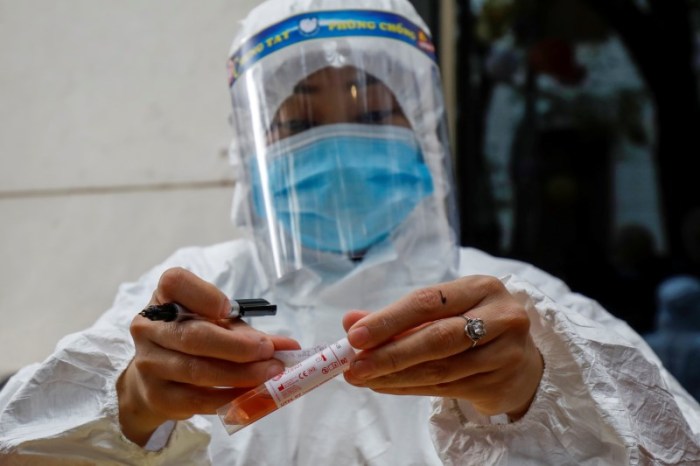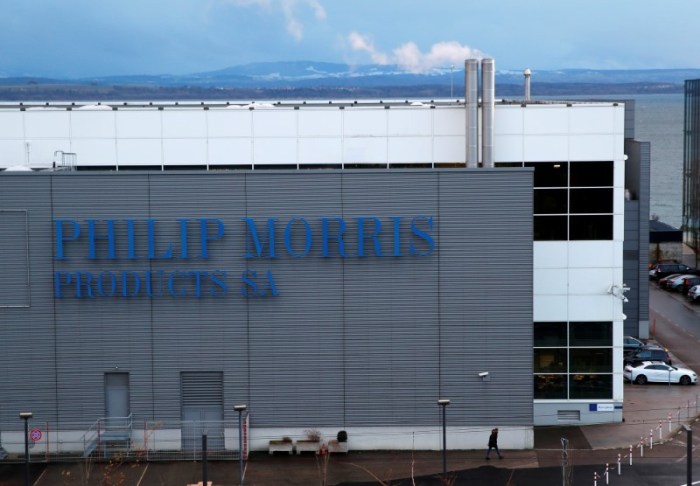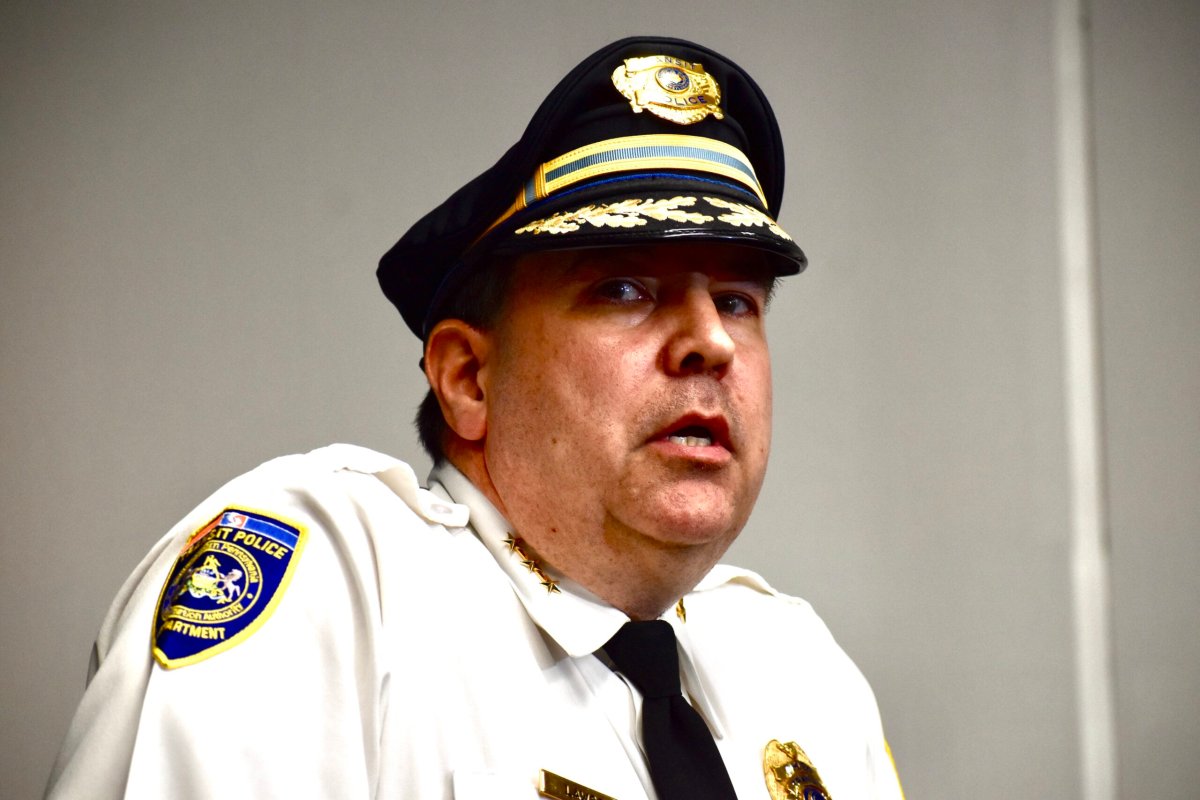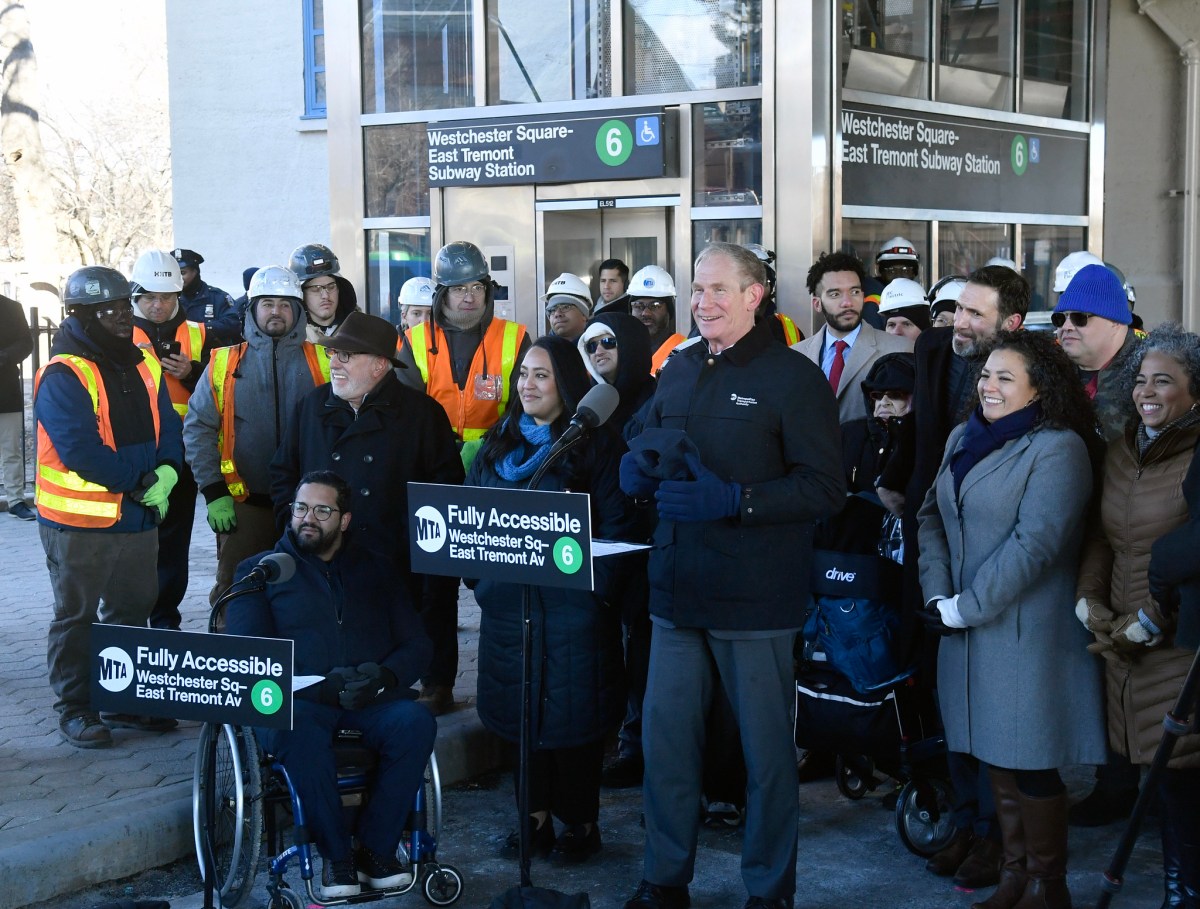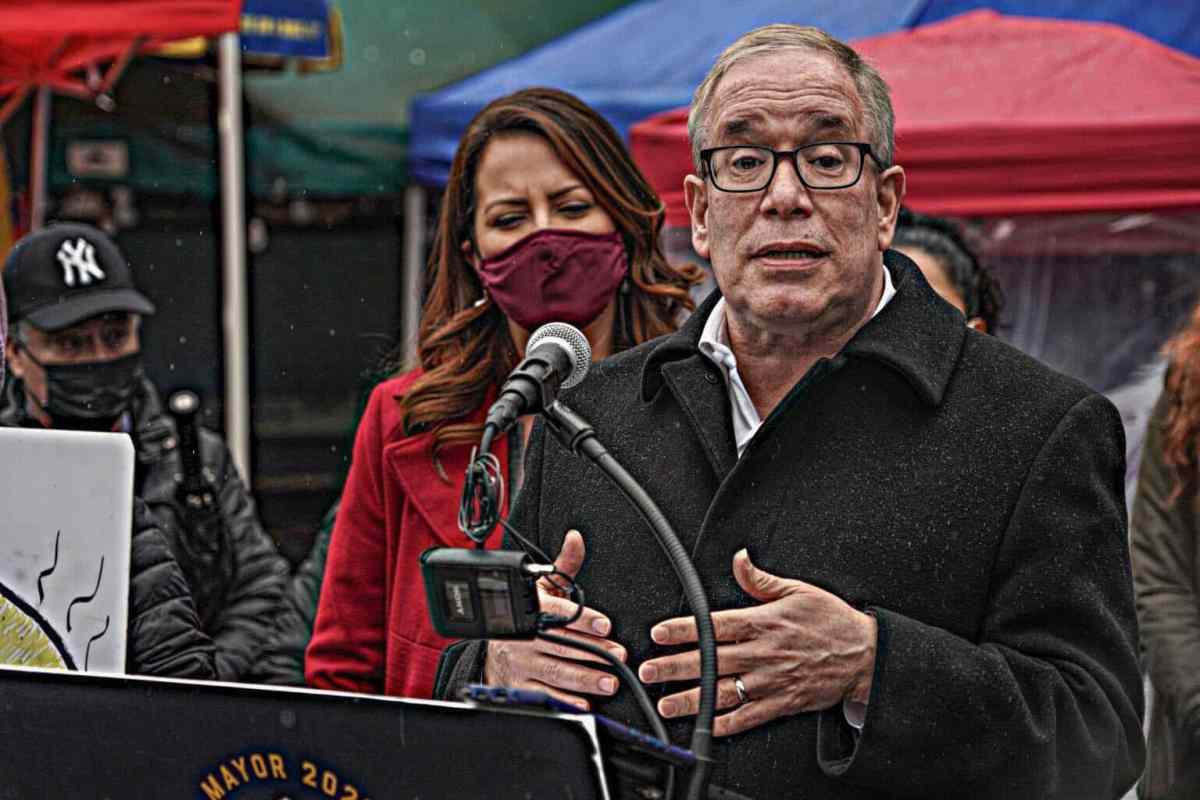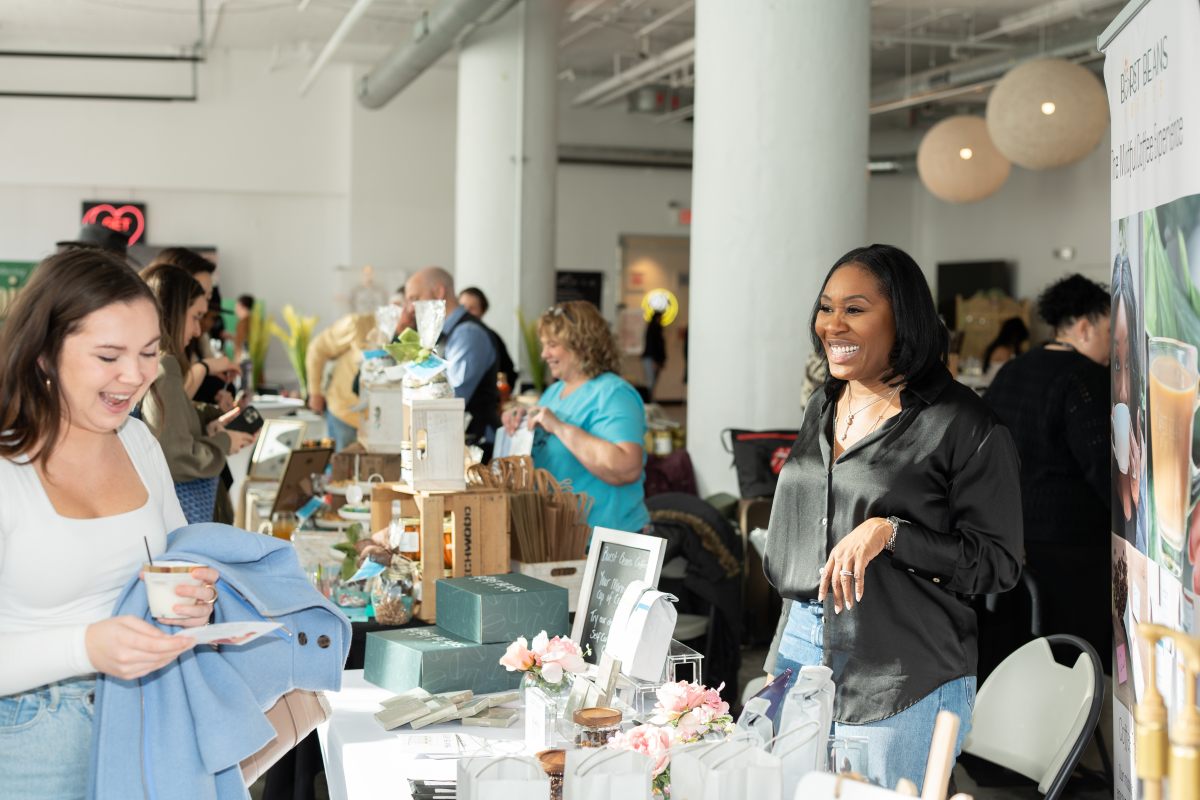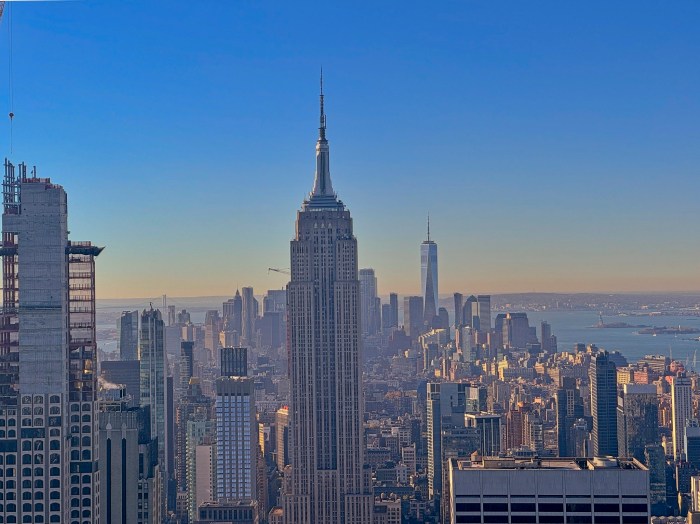SYDNEY (Reuters) -Hundreds more defence personnel will deploy next week to Sydney to help enforce the city’s lockdown after authorities on Friday reported the biggest daily rise in COVID-19 cases from the outbreak which is spreading beyond Australia’s largest city.
“Unfortunately, this trend (in cases) will continue for at least the next few days,” New South Wales (NSW) state premier Gladys Berejiklian told reporters in Sydney, the state capital.
As daily COVID-19 cases hit a record high in Sydney it is becoming increasingly unlikely the city will end its nine-week lockdown on Aug. 28 as originally planned. Authorities are talking about easing some restrictions if enough people are vaccinated and case numbers fall.
The defence department said on Friday it had received a request for extra personnel to help support police to enforce home-quarantine orders in the worst-affected suburbs in Sydney.
“Defence is preparing to deploy an additional 200 personnel commencing Monday … to assist NSW police force,” a defence department spokesperson told Reuters.
More than 500 unarmed army personnel are already helping police in Sydney, including monitoring compliance activities at hotels and airports.
Despite a nearly seven-week lockdown in Sydney, NSW state reported 390 new locally acquired cases, most of the cases in the city, eclipsing the previous daily high of 356 set on Tuesday. Daily cases have topped 300 for the past four days.
Two new deaths have been recorded, taking the total number of deaths in the latest outbreak in the state to 38.
Several regional towns in NSW are also in lockdown due to people breaching the Sydney lockdown and spreading the virus. One of the most concerning is in the town of Walgett in far northwest NSW where 80% of the population is indigenous.
Australia has moved to prioritise the vaccinations of its indigenous population amid concerns of higher death rates in the often disadvantaged communities. Still, fewer than 15% of Australia’s indigenous population is fully vaccinated.
Berejiklian said the surge in the highly infectious Delta variant has never been “tested in this magnitude in Australia”.
Some states have closed their borders with NSW or restricted entry to stop the spread of COVID-19. Australia’s national cabinet met on Friday amid worries the NSW outbreaks could spread across the country, where only 25% of people above 16 are fully vaccinated.
Prime Minister Scott Morrison said Australia is rapidly accelerating vaccinations with 1 million doses administered in four days, however he remains under fire for a sluggish vaccination rollout as Australia still awaits the bulk of Pfizer and Moderna vaccines.
Authorities have said lockdowns – in force now in Australia’s two largest cities – Sydney and Melbourne – and the nation’s capital will be needed in the event of COVID-19 clusters until at least 70% of adults are vaccinated.
Health authorities in NSW project a 70% vaccination target in the state will not be reached until mid October and 80% vaccination in November. It may take until early 2022 for an 80% national target to be reached.
Despite the recent outbreaks, Australia still has far lower COVID-19 numbers than many other countries in the developed world, with just over 38,100 cases and 948 deaths.
In Victoria, 15 new local cases were detected, all of them in Melbourne, down from 21 on Thursday. Of the new cases, seven have spent time outside while infectious, the state’s health department said. Eleven are linked to the current outbreak.
(Reporting by Renju Jose; additional reporting by Colin Packham in Canberra, Editing by Richard Pullin and Michael Perry)

